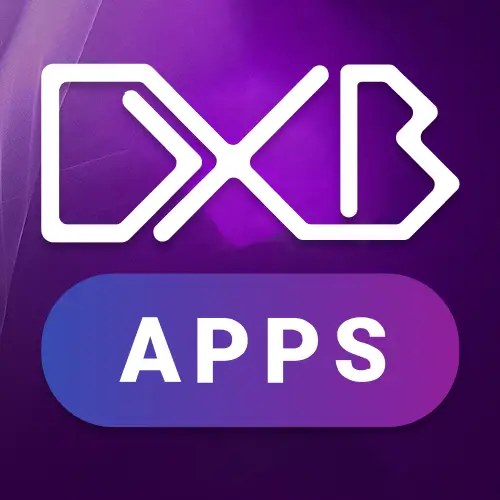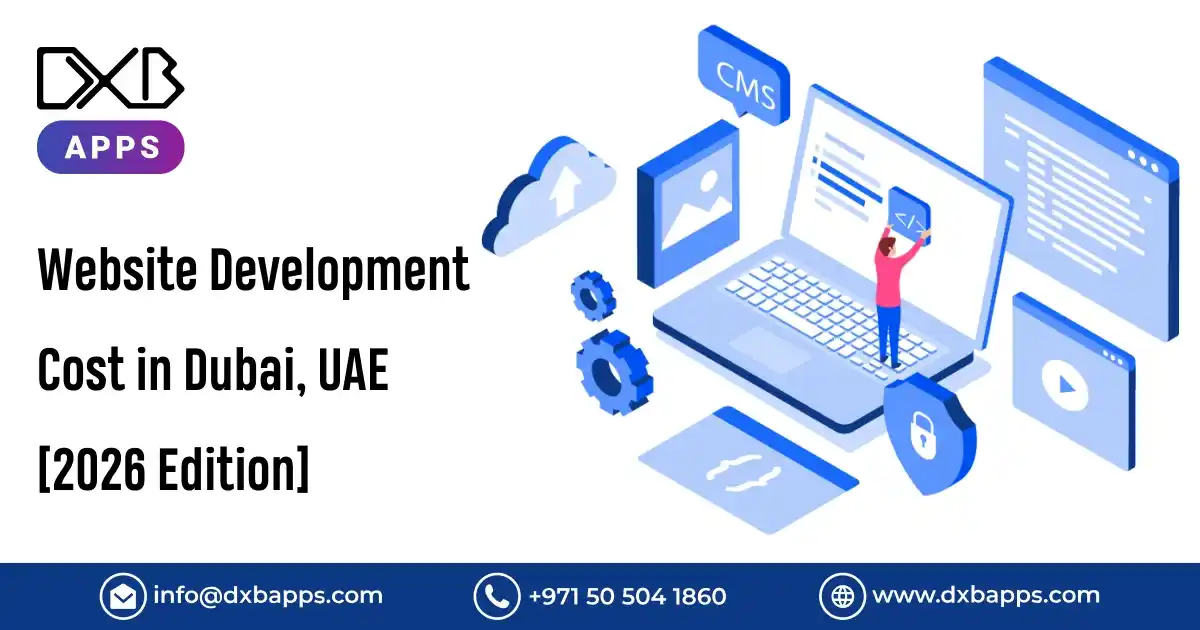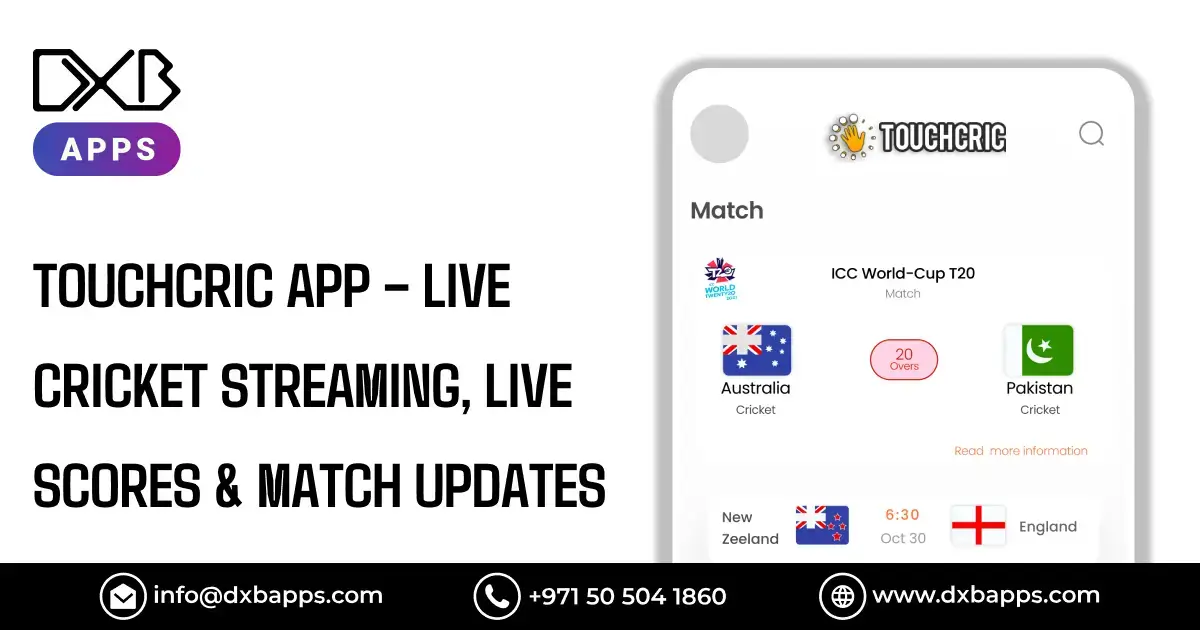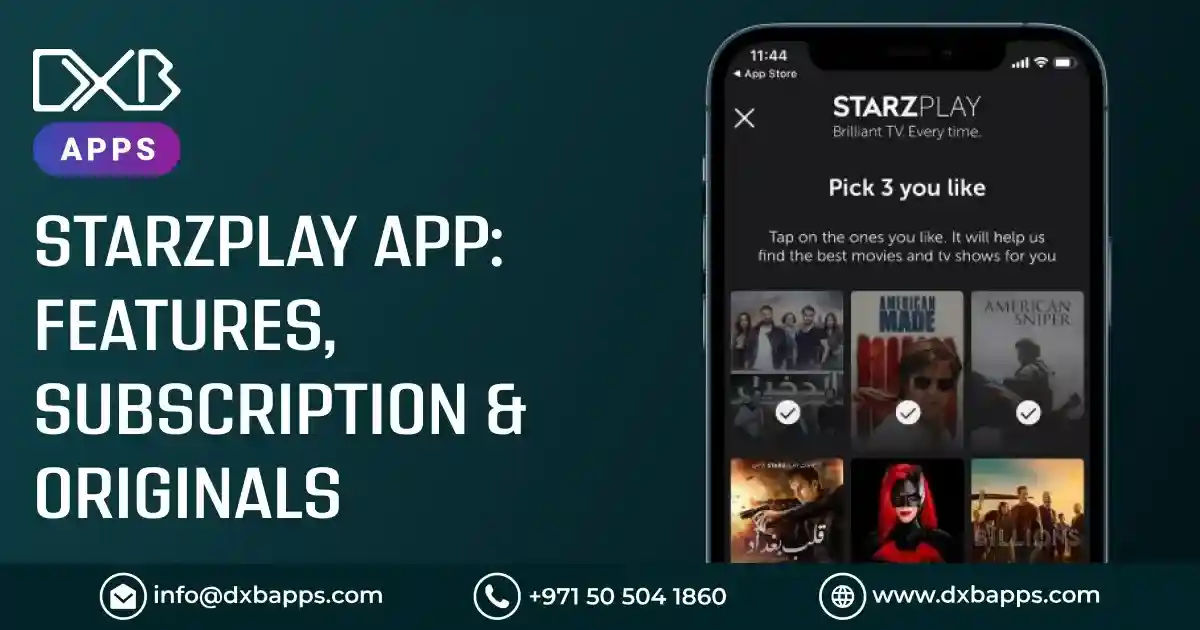Did you ever use Google Docs, order food online from a website, or open up your email through a browser? If so, then you have already used a web application without even knowing it!
As the world becomes increasingly online, web applications are working behind the scenes to power the online services we all use daily. From basic tools such as calculators to sophisticated systems such as internet banking, web applications are everywhere.
In this blog, we will keep everything simple. We will first explain the concept of a web application Dubai while demonstrating its operational principles. Then, we will explain its significant role for companies operating in digital nations, including Dubai, and how it supports business growth.

What Exactly Is a Web Application?
The web application functions as a computer software program accessible through internet browsers, including Chrome, Safari and Firefox.
Web applications enable users to perform operations without needing a phone or computer software installations, as the browser becomes the main workspace. You don't have to worry about disk space or system updates—it's all online and accessible everywhere.
Some of the most widely used web applications are:
- Gmail
- Netflix
- YouTube
- Zoom (web application)
- Google Docs and Sheets
All of these are used by millions of individuals every day and are excellent examples of web applications.
How Does a Web Application Work?
Let's walk it through in the simplest possible terms. You're going into a popular web application development like Gmail, Facebook, or even Netflix. You simply boot up your web browser and enter the address, right? But what is going on behind the scenes is pretty intelligent—and pretty amazing.
Step 1: You Open the Web App
First, you visit the site. For instance, you enter www.gmail.com into your browser's address bar. This is how you access the app. You're going to use it, but it hasn't done anything yet. It's just waiting for your instruction.
Step 2: You Interact With the Page
Once you are on the page, you begin to interact. You press a button, perhaps enter your password and email, or touch to read a message. This is user interaction. You're letting the application know what you would like to do.
Step 3: The Request Goes to the Server
Your browser transmits the request you trigger through your action (clicking "Send" on a message) to a specific device called a server. That's where the web application resides. It saves the information, executes the code, and determines what to do with your request.
Step 4: The Server Does Its Job
The server receives your request and begins working. It sees what you request, executes some code, speaks to a database if necessary, and sends back an answer. It might send a message, display your messages, or sign you into your account.
Once the server has done its work, it returns the response to your browser. You can now view the outcome on your screen. Perhaps a fresh email appears, a page is reloaded, or a message is delivered. This is the last step in the process.
Why are Web Applications so Popular?
Web applications have gained so much popularity that their demand is increasing at a very rapid rate. Check out some mind-boggling facts:
- According to Statista, the worldwide web development market will be approximately $10.44 billion in 2026.
- One Gartner report indicates that as of 2026, digital interfaces such as web applications and mobile applications will be managing 80% of customer interactions.
- In Dubai alone, over 68% of business companies use web-based apps to perform their daily operations.
This indicates that companies are shifting more towards web apps as a component of their digital strategy.
Top 10 Advantages of Web Applications for Companies
Web applications are used by businesses of all sizes—and rightfully so. If you run a small store, a growing business, or a big business, using a web application can simplify your work, accelerate it, and make it more efficient. Let's talk about the top 10 advantages and summarise them in our own words:
1. No Installation Required
Web applications offer the major benefit of operating without any installation requirements. A user launches any selected browser followed by entering the website address before accessing the application. The web application allows you to access it without requiring any downloads or complex installation procedures. It's extremely user-friendly and business-friendly. Germs and file contamination issues do not exist because web applications require no installation.
2. Works on Any Device
A web application is meant to be installed on any device. You can install the same application and features on a desktop computer, laptop, tablet, or smartphone. So, your customers or employees can operate it anywhere without worrying about what device they possess. They only require a web browser and an internet connection.
3. Automatic Updates
No more "Update Now" clicks or just sitting back while software updates to the latest versions. Web applications update automatically on the server. So whenever you launch the application, you're already operating the newest version. Companies save effort and time, and users always have access to the latest tools, features, and fixes—no finger-lifting required.
4. Saves Money
Web applications are cheaper than computer programs. Why? Because they are cheaper to develop, maintain, and grow. No licensing costs, updating costs, or installing on multiple machines. That translates into less money, more productivity for business folk—a great deal.
5. Always Available
Web apps grant users the ability to finish their tasks from anywhere since they do not require being bound to a specific office location. A user needs only internet access to work with the application from any location, anytime. The capability to run through the internet makes web applications suitable for individuals who work from different locations, including their homes or commute between destinations. The web application system delivers genuine flexibility to optimise your business operations.
6. Centralized Data Storage
The entire data storage system exists in a secure location, whether it is a server platform or cloud infrastructure. Team members maintain efficiency by keeping their work located in one centralised storage space on either a secure server or in the cloud. The system retains uniformity because every team member accesses the same collected information. When your device goes missing or gets destroyed, the online data storage maintains the safety of your information.
7. Real-Time Interaction
Web applications make updates and communications real-time. Consider chatting with a customer, writing content, or watching sales trends—all in real time. No delay and no refresh. This gives businesses the ability to react instantly and make faster and better choices.
8. Security Features
Every organisation places security at the top of its priorities. Web applications protect organisational data through encryption methods along with firewalls and safe login procedures and user authentication capabilities. These tools shield your data from viruses, hackers, and other online dangers. Through access controls, your application and its data receive protection so only permitted users can access them. This creates secure privacy and privacy.
9. Simplified Collaboration
With a web application, several people can collaborate at the same time. For instance, your team can all edit the same document, share comments, or discuss within the app. All users see the latest version without having to exchange documents. Cooperation becomes more effective due to the technology, along with time savings and increased productivity.
10. Custom Design and Functionality
Web application customisation enables you to develop it according to your company's needs. Need a certain feature? A particular layout? A customised user dashboard? No worries. Web developers can design a web app that suits your business objectives, branding, and workflows. It's like constructing your own virtual office that functions the way you desire.
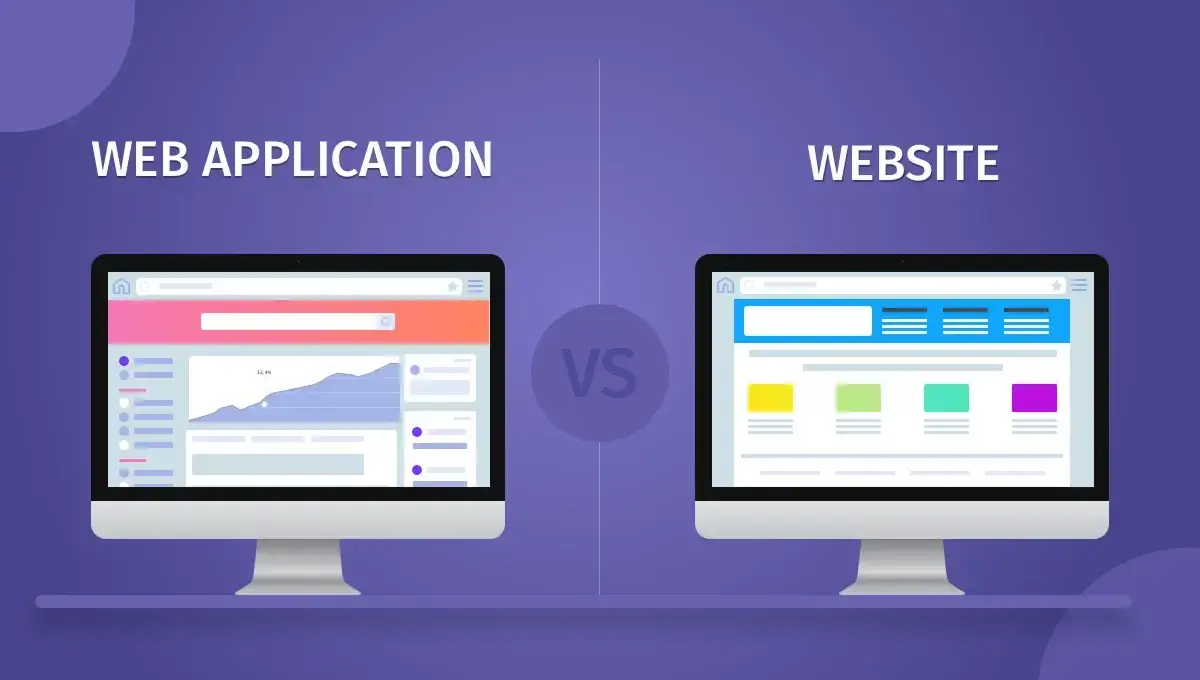
Industries That Depend on Web Applications
Web applications are not limited to tech companies alone. Various types of industries worldwide—small, large—are utilising web applications to push services, save time, and reach a wider audience. These smart tools assist organisations in going digital and remaining in business. Let us see how various industries utilise web applications as a part of their everyday operations
Healthcare
In healthcare, web applications are a must. Doctors, nurses, and healthcare staff use web-based systems to examine patients' records, prescribe and send prescriptions, and book appointments. People can log into an online secure web application and access their test results, obtain health advice, and even consult doctors via the internet. Applications facilitate the creation, storage, and recall of medical information and reduce paperwork and save time, resulting in improved care, even from a distance.
Retail and E-commerce
Shopping online has been booming over the past few years, and the reason is all thanks to web applications. Retailers use them to create websites on which their customers can see products, add things to the cart, and make payments online safely. Business people also manage inventory, track sales, and give customer support all through one web dashboard. Be it a small online boutique shop or an e-commerce website operating worldwide, web apps do everything.
Education
Education has become online, and web apps are the pioneers. Web apps are increasingly being adopted by schools, universities, and training institutes so that students can participate in online classes, do their homework, and take online quizzes. Educators can load content, assign grades, and interact with learners all in a single platform. Learning has been made flexible so that one can learn from any corner of the world.
Banking and Finance
Nearly everybody uses online banking, which entirely relies on web applications. With a click or two, customers can view account balances, transfer money, pay bills, and manage investments—all without leaving the bank. Your financial information is encrypted while providing 24/7 access to cash.
Logistics and Delivery
From tracking packages to planning delivery routes, web applications make logistics businesses well-organised and on schedule with deliveries. Managers get to allocate tasks, drivers receive live updates, and customers receive updates on their package location. It makes the entire delivery process seamless, quick, and efficient.
Best Web Application Frameworks in 2025
Developers require tools with which to build an app. They are referred to as the best web application framework. The following are the most used ones currently:
- React.js – Provides speedy and friendly apps.
- Vue.js – Suitable for small to medium-sized projects.
- Angular – Suitable for big applications.
- Django – Secure and scalable, Python-based.
- Laravel – A robust PHP framework, suitable for back-end logic.
The most appropriate web application framework to use is based on your project size, type, and user requirements.
Business Challenges Web Applications Help Solve
Web applications assist in solving several typical business challenges:
- Red tape paperwork → Automated systems
- Communication breakdowns → Instant messaging
- Limited reach → Global access
- Expensive software → Inexpensive cloud-based solutions
- Customer complaints → Instant support chat centres
Dubai companies are using web applications to become faster, wiser, and more competitive in their respective fields.
How DXB APPS Creates the Best Web Applications in Dubai
DXB APPS is the best in web app development Dubai. With a professional team of developers, designers, and project managers, DXB APPS creates customised solutions that make businesses thrive.
At DXB APPS, we merge creativity, technology, and strategy to create web application Dubai solutions that actually have an impact.
Conclusion
In short, a web application is not merely a software tool. It's a business solution that enables companies to work smarter, faster, and better. Whether you sell in a store, manage staff, or provide services, web applications can make it all simple. Website development Dubai is no longer a choice. It's a necessity. In Dubai, where ambition and innovation are on the rise, the time to invest is now.
FAQs
Q1: What does it cost to develop a web application?
It is dependent upon features and complexity. A basic app may cost $2,000–$5,000, and complex apps can go from $50,000 and upwards.
Q2: Am I able to make modifications to my web application later?
Yes! Web applications are convenient to handle. Developers can implement new features or resolve issues anytime without interfering with user access.
Q3: Why is DXB APPS a trusted partner?
With three decades of web application development expertise and solid Dubai web development experience, DXB APPS provides secure, scalable, and customised projects to suit your requirements.







